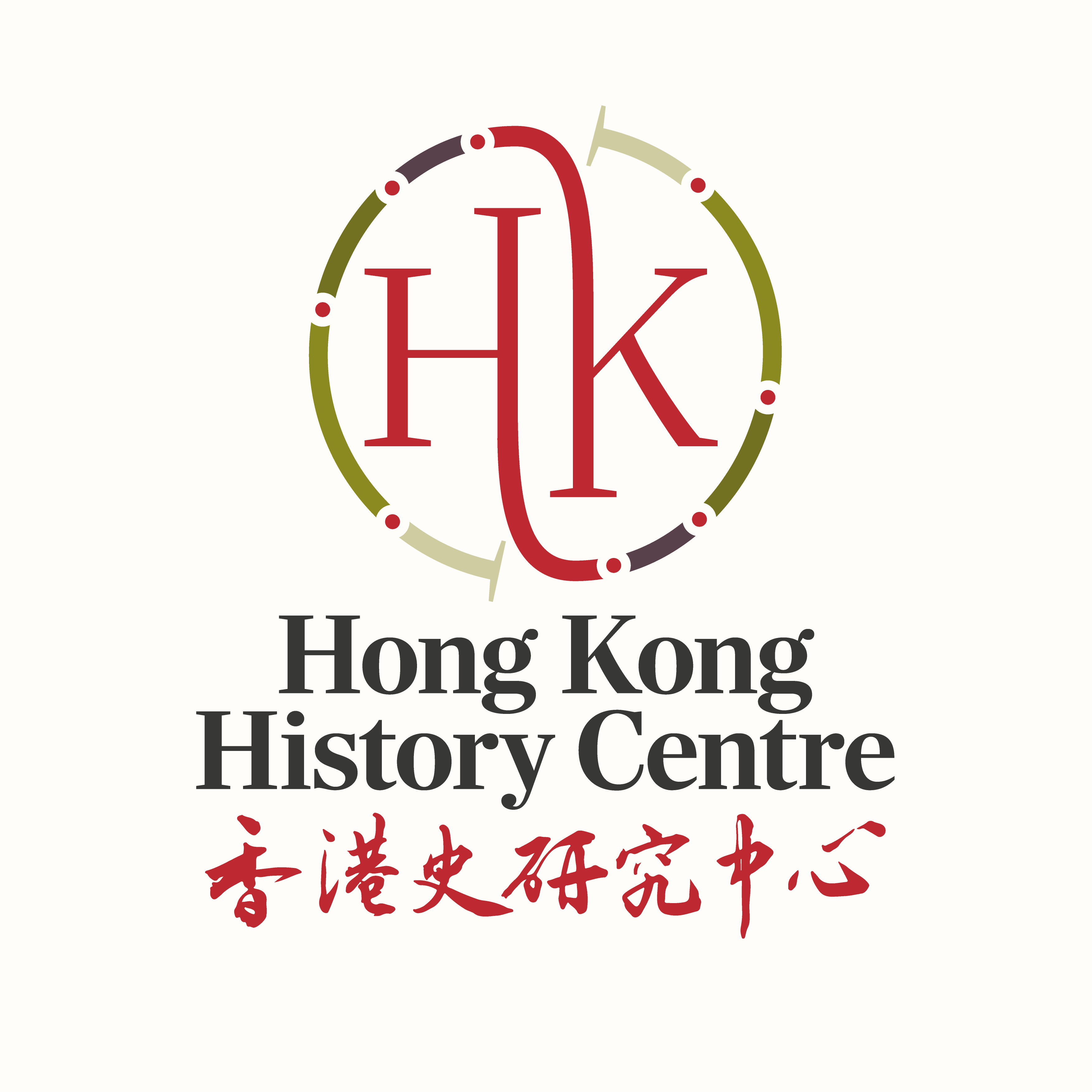Sorry that the blog has been a bit inactive for a while! But the wait is finally over – we are delighted to announce that the blog is starting a new series of posts introducing young scholars in the field. We thought it’d be a great idea to know more about new studies being done on Hong Kong history, and in the next few months the blog will act as a platform for PGRs/ECRs to showcase their work. If you’re interested to contribute, please write to Vivian Kong (vivian.kong@bristol.ac.uk) for more details!
This week we have Bristol’s very own Catherine Chan, the Project’s second beneficiary, to tell us about what leads to her interest in the Portuguese community in colonial Hong Kong.
I was born in Hong Kong and although I have no memory of it, took my first plane ride to Manila at forty-days old and grew up in the middle of coconut trees, pandesal and OPM (Original Pinoy Music). Moving to Hong Kong at the age of fifteen, I completed my BA and MPhil degrees in History at the Hong Kong Baptist University. I currently reside in Bristol where I am a PhD student at the University of Bristol under the Hong Kong History Project. Supervised by Robert Bickers, my thesis focuses on the Portuguese community in colonial Hong Kong, specifically on questions of administration, race and identity.
Growing up in two very different Asian cities has certainly sparked my interest in identity formation and mixed-race communities. Manila always will contain pieces of my laid-back childhood and schizophrenic Filipino, Taiwanese and Fukien education. Hong Kong was initially a challenge linguistically and culturally but my experience there has made me who I am today. I constantly find myself caught between two worlds (and now, perhaps three) and the Portuguese in my thesis similarly existed in multiple worlds situated in Lisbon, Goa, Macao and Hong Kong and later Osaka and/or Manila. In Hong Kong, they straddled between the Asian and European worlds and some fought in challenging the color bar set by the British administration. The Portuguese experience sheds light on identity negotiation. It reminds us that simultaneously, identity is race, culture, memories and policies; spaces, places, smells and sounds; assurance, self-doubt, confidence and conflict. As a melting pot and a flourishing port city, Hong Kong offered quite an urban space for racial debates and identity reconstruction during the colonial period.
Hong Kong is at present in a scramble to find a collective identity. This has led to a rapid deconstruction of Hong Kong history and a re-interpretation of historical events and of architectural heritage. I believe it is equally crucial to understand both the city’s past and its contemporary imaginations of ‘Hong Kong.’ Like identity, there should always be an accurate past to forge a new and hopefully, stronger identity. With my current and future projects, I wish to contribute to Hong Kong’s search for an identity, particularly in preserving the past as a foundation in understanding ‘Hong Kong’ and its recent transformations. I look forward to writing for the Hong Kong History Project and exchanging views with readers from all around the world.







